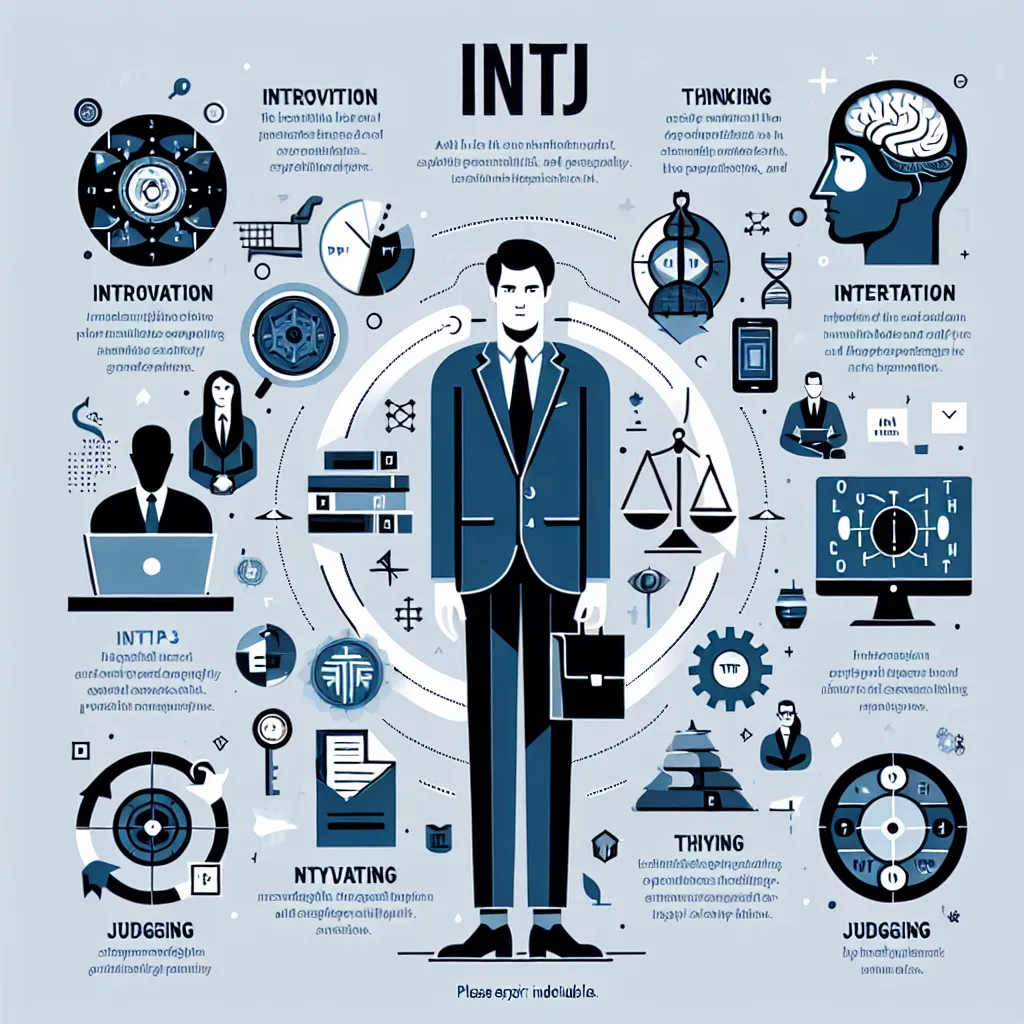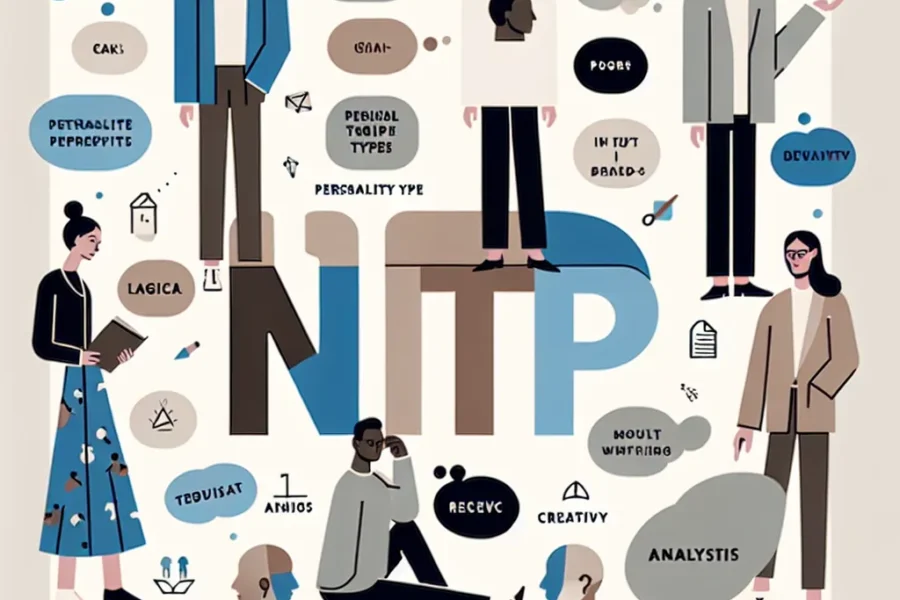Insights about INTJ Personality Types
The INTJ personality type is one of the sixteen personalities delineated by the Myers-Briggs Type Indicator (MBTI). Often referred to as the “Architect” or “Strategist,” INTJs are known for their high intellect, logical reasoning, and strategic thinking. As introverts who prefer intuition, thinking, and judging, these individuals are rare gems, making up a scant 2% of the population, with INTJ women being especially uncommon.
Understanding the Core of an INTJ
INTJs project an aura of self-confidence and, often, an intense focus. They are deep thinkers with a great deal of insight into systems and theoretical concepts. This type is particularly adept at conceptualizing, organizing, and assimilating information, which enables them to bring forth innovative solutions to complex problems.
One defining trait of INTJs is their exceptional strategic thinking. They are forward-looking and always have a plan for the future. This ability to see the bigger picture and also navigate the finer details of any plan is what often leads them to success in their various endeavors.
INTJs are also independent thinkers who value knowledge and competence. They tend to trust their own intellect and are often skeptical of established norms unless they can empirically validate them themselves. This attitude underlines their methodical approach to life and their penchant for intellectual growth.
The Cognitive Functions of INTJs
Cognitive functions play a significant role in the behavior and thought patterns of MBTI personality types. For INTJs, the dominant function is Introverted Intuition (Ni), followed by Extraverted Thinking (Te) as their auxiliary function. Their third function is Introverted Feeling (Fi), with Extraverted Sensing (Se) serving as their inferior function.
Introverted Intuition allows INTJs to perceive patterns and the interconnectedness of ideas. It’s this function that gives them their characteristic long-term vision and the ability to quickly discern which actions will lead to which consequences.
Extraverted Thinking provides INTJs with a systematic way of approaching the world. They are excellent at creating and implementing strategies, organizing projects and people in an efficient manner, and using logical reasoning to make their decisions.
Introverted Feeling, though less developed, gives INTJs a sense of morality and personal values. It is this function that can sometimes come into play when an INTJ decides to pursue a cause or line of work that they feel passionately about.
Extraverted Sensing, as the weakest function, may be the Achilles’ heel for INTJs. This function is associated with the appreciation and awareness of the physical world, something that many INTJs may overlook in favor of their inner mental world.
Work and Career Paths for INTJs
INTJs are drawn to careers that allow them to apply their strategic thinking, analytical skills, and independence. They thrive in environments where they can work autonomously on intellectually stimulating tasks. Typical career pathways that suit INTJs include software development, engineering, law, management consultancy, and academia.
In leadership roles, INTJs are effective because of their ability to detach from personal bias to make objective decisions. However, their preference for introversion means they might struggle with the social aspects of leadership roles. Despite this, their natural planning abilities and foresight often make them highly respected leaders and consultants.
INTJs in Relationships
INTJs take a similarly rational approach to their interpersonal relationships as they do with other aspects of life. They value intelligence, competence, and honesty in their partners. Given that they are not naturally in tune with other people’s feelings, they may sometimes come across as cold or aloof in romantic relationships.
However, once an INTJ has committed to a relationship, they are loyal and devoted partners who think deeply about how to make the relationship work in the long term. They tend to approach conflicts objectively and seek efficient solutions, often striving for a partnership where both individuals can grow and pursue their goals.
Challenges INTJs May Face
One of the primary challenges INTJs may face is their tendency to be overly critical, both of themselves and others. Their high standards can sometimes lead to disappointment when they or the people around them do not meet these expectations.
Social interaction can be a further challenge for INTJs, as it requires them to step out of their comfort zone of solitude and deep thoughts. Despite their self-sufficiency, INTJs must sometimes make a conscious effort to engage socially and express their insights and affections more openly to foster better relationships.
Emotional intelligence is another area that INTJs may need to work on. Their focus on logic can mean that they may overlook the emotional aspects of a situation and miss cues that could inform their decision-making or relationships.
Conclusion
INTJs are unique and intellectually gifted individuals who bring a lot to the table in terms of innovative thinking, strategic planning, and independence. Their contributions to various fields can lead to breakthroughs and efficient planning that benefit society as a whole. However, by overcoming their challenges in emotional intelligence and social interaction, INTJs can unlock even greater potential in their professional and personal lives. Understanding the INTJ personality type offers intriguing insights into the minds of these rare but influential thinkers and planners.



Leave a Comment